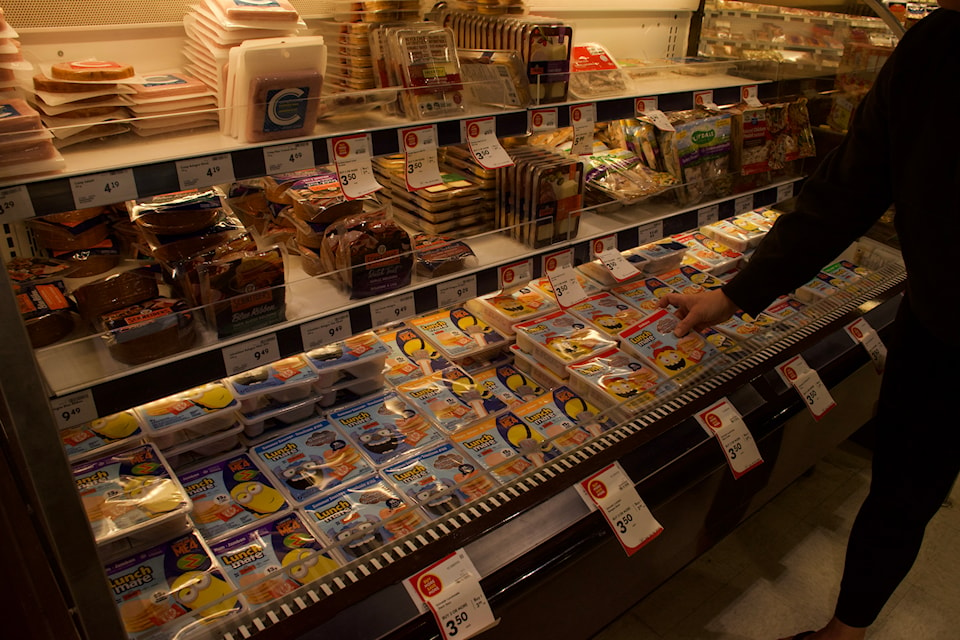Pulitzer Prize-winning journalist and food industry expert Michael Moss says the business hooks consumers by adding unnecessary salt, sugar and fat to everyday items.
Moss told an audience at Humber Polytechnic’s North campus during the President’s Lecture Series talk on Wednesday that processed foods can be as, if not more addictive than tobacco.
Like tobacco companies tried to veer away from cancer, food processors tried to steer attention away from diabetes, he said.
Moss said he’s spoken with CEOs and scientists at large food companies to understand the marketing strategy and scientific research used to analyze how brains react to eating.
He said while conducting research, industry insiders told him that company leaders “don’t eat their own products, they know better.”
Moss said some corporate leaders were more afraid of being addicted to cookies than cigarettes.
At the Barrett Centre for Technology Innovation, Moss said the trillion-dollar ultra-processed food industry targets sensations rather than nutrition. His lecture provided insight through his investigative journalism on how food companies hook consumers and stay loyal to their products.
Moss, the former New York Times reporter and the author of Hooked and Salt, Sugar, Fat, cited how Oscar Mayer felt people weren’t eating enough bologna. At the same time, they merged with Kraft, so they connected with marketing specialists and created Lunchable.
“What they were looking for here wasn’t like a food product, it was a product that was going to go into people's deepest emotions,” Moss said.
Consumers don’t just eat for taste but also for texture, visuals, smell, and even crunch, he said.
Perfecting this combination is a theory called the bliss point, a concept created by Howard Moskowitz, who worked closely with Moss.
“(Moskowitz) came up with this idea that if you kind of perfect the formulas of food, you’ll get people to buy more and eat more, and the companies will make more money,” Moss told Humber Et Cetera before his talk. “He changed the amount of sugar in ordinary products and then subjected those to consumer taste tests.”
Moss discovered food companies weren’t only making junk food items more addictive, but they were also tweaking shelf items like pasta sauce, canned soups and salad dressings to hook the consumer.
What this arguably did is make people expect sugar in everything they eat, so when trying to eat more vegetables, the brain is going to rebel and urge the person to return to processed food, Moss said.
A 2020 Statistics Canada found almost half of Canadians' daily calories came from ultra-processed foods.
The Canadian Food Guide encourages people to stay away from ultra-processed foods that have high levels of added sodium, sugars and saturated fats.
Moss’s investigative research looks at how our brain becomes hooked to caloric-dense foods in a way that is as addictive in comparison to smoking cigarettes.
Rizwan Abdul Gaffoor, a pre-health student going into the bachelor of science and nursing course, was surprised to learn the marketing strategies behind food corporations.
“I really dislike companies when they do these sorts of things. I really do think companies should be more responsible with their products and their marketing,” he said.




